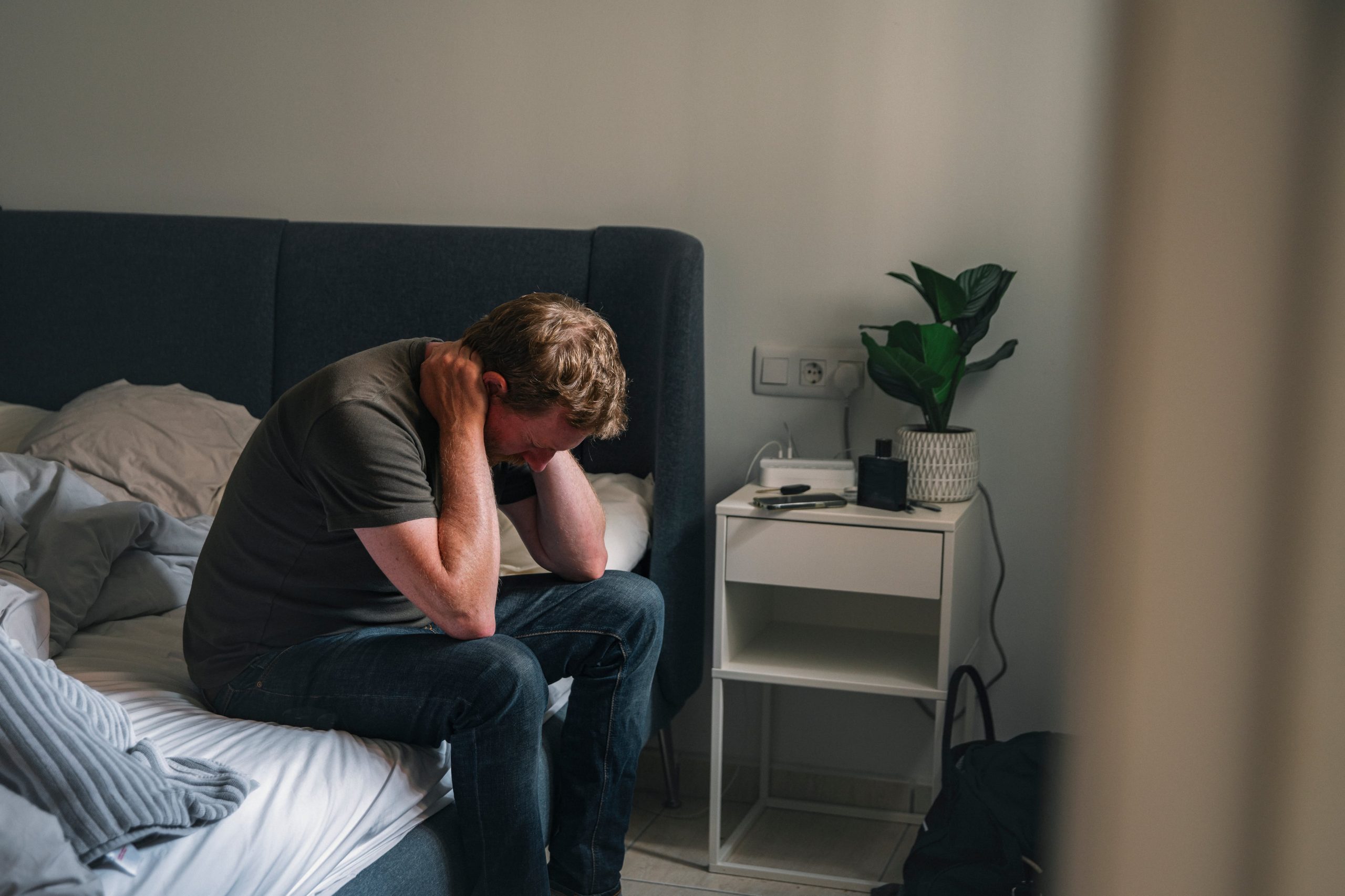To Eric, I was my father’s caregiver almost all the time for the final four years of his life. I went to see him every day, mowed his grass, took him to the doctor, the barber, and sometimes to see a movie or eat dinner. I always handled his money and prescription drugs.
Up to ten or fifteen times a day, he would phone me to discuss different topics or simply to chat.
About a year ago, he passed away, and ever since then, guilt has consumed me. His incessant demands occasionally took over my life. I had no personal social outlet. I was so worried about what might happen if I were gone that I didn’t even go on a trip.
I struggled to cope with this pressure and would sometimes snap at my father. I made him cry a week before he passed away. Now, I live every day with a remorse that I can’t seem to get rid of. Every week, I go to his grave and beg for forgiveness.
He fervently desired to remain in his house till the end, and I can assure myself that he would not have been able to do so if I had not been able to assist him. My sacrifices for my father have been discussed by others. However, I continue to feel like a bad son, and it now affects every part of my life. I’ve sequestered myself in my sadness and guilt. I’m not sure what I need to do to be happy again.
Still in mourning
Stories by
R. Eric Thomas
-
Asking Eric: Will new man’s overt attention to younger, pretty women tank this budding relationship?
-
Asking Eric: Retired woman, living alone, wonders who will be her power of attorney
-
Asking Eric: Parents may be important resource for friends of their now-grown children
Greetings, Still in Grief: I’m really sorry for you. No parent is flawless, no son is flawless, and no grief is flawless.
Try to be forgiving of yourself over time. Because it sounds like your father didn’t think you were a bad son, despite your occasional moments of annoyance or exhaustion. We frequently obsess over what we believe we can manage when confronted with the unpredictable disease of loved ones and our incapacity to prevent death. However, according to your own account, you did your best, and as a result, your father’s quality of life improved.
To process these emotions, if at all possible, seek the assistance of a bereavement counselor. Continue speaking with someone you can trust who won’t hurry you or pass judgment. Unheard and unacknowledged pain never goes away, as Megan Devine explains in her book It’s OK That You’re Not OK. Allowing sorrow to exist, rather than attempting to hide it or get past it quickly, is the key to surviving loss.
Additionally helpful will be a grieving support group. One resource for finding groups is the Family Caregiver Alliance (caregiver.org). Finally, I suggest reading Denise M. Brown’s After Caregiving Ends and the recently released collection Sacred Love: Vignettes on Caregiving and Family by storyteller Vignette Fleury. This won’t last forever. Peace be with you.
Note: Every piece of content is rigorously reviewed by our team of experienced writers and editors to ensure its accuracy. Our writers use credible sources and adhere to strict fact-checking protocols to verify all claims and data before publication. If an error is identified, we promptly correct it and strive for transparency in all updates, feel free to reach out to us via email. We appreciate your trust and support!

